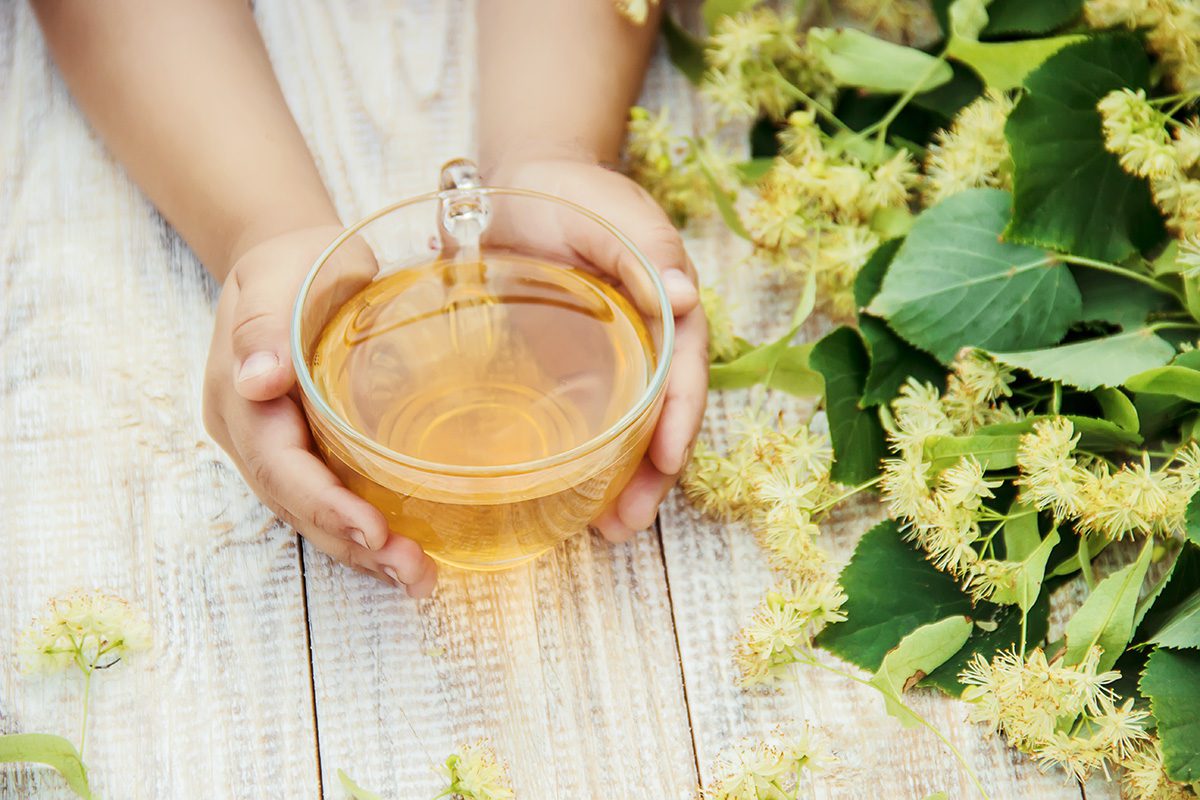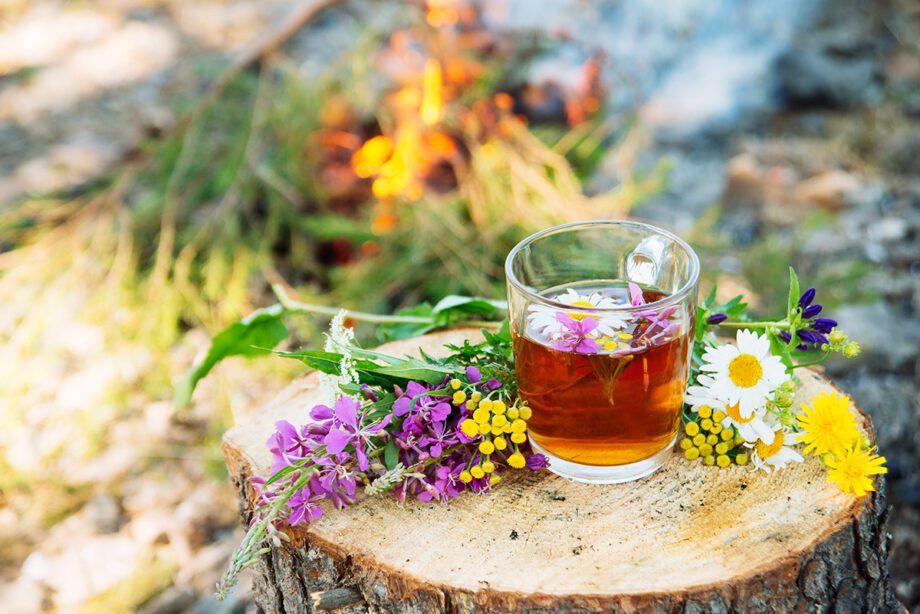
It’s important to start off this discussion with a simple fact: Most herbs are drying. So, if you have a dry constitution or a health condition that is energetically “dry”, it’s important to know which herbs to work with to avoid further imbalance in your body. But how can you tell if you are dealing with dryness in the body?
Some indications of dryness are:
- Dry mouth
- Dry eyes
- Dry or chapped skin conditions
- Dry/brittle hair and nails
- Lack of mucus
- Dry/hard mucus
- Cracking/creaky joints
- Constipation
You might also experience feeling spacey, scattered, anxious, restless, indecisive, or hyperactive. These are all emotional qualities related to dryness.
While most herbs are drying, a category of herbs brings hydration and nourishment to the tissues. These herbs are called “demulcents” and have a slippery/slimy texture. This slippery texture is due to mucilaginous polysaccharides which coat, soothe, and reduce inflammation in the mucus membranes that line our respiratory, urinary, and GI tracts. Demulcent herbs also soften tissue that has become hardened, and bring an overall moistening quality to the body.
Some herbs, such as Marshmallow and Slippery Elm produce a very thick and slimy texture when extracted in cold water, while others such as Mullein or Linden are less slippery but still produce a mouthfeel that is slightly thicker or heavier than water.
Below are some popular demulcent herbs:
- Marshmallow Root
- Slippery Elm Bark (use sustainably grown only)
- Licorice Root
- Linden Leaf and Flower
- Shatavari Root
- Aloe Gel (Juice of the gel is commonly used)
- Mullein Leaf
- Corn Silk
- Plantain Leaf & Seed
- Comfrey Leaf & Root (Generally no longer suggested for long term internal use due to certain alkaloids reported to cause liver damage in some people)
- Violet Leaf
- Fenugreek Seed
- American Ginseng (use sustainably grown only)
- Rehmannia root
- Chickweed
Because mucilaginous polysacharrides do not extract well into alcohol, many of these herbs are best taken as a tea. And of those that are taken as tea, some are best prepared as a cold infusion. This means you pour cold water over the herbs and let them steep for at least a few hours, preferably overnight. Marshmallow Root, which is the most commonly used demulcent in Western herbalism, is prepared this way.
Other herbs such as Linden, Violet, Mullein, Plantain, and Corn Silk are usually made as a hot infusion, like a normal tea. However, if you make a hot infusion and then allow these herbs to steep for a few hours then you draw out more of the moistening properties. Herbal roots and seeds like Licorice, Shatavari and Fenugreek are prepared by simmering the herbs in a pot of water for 10 to 15 minutes.
The best demulcents for daily use to balance a dry constitution are:
Marshmallow Root
Slippery Elm Bark
Violet Leaf
Linden Leaf and Flowers
Aloe Juice (contraindicated in pregnancy)
General Caution for Demulcents:
If you run on the moist side, tending towards excess mucus, sluggish digestion, or edema— do not take these herbs daily, as they will exacerbate moist constitutions.

Delicious Hydrating Recipes
Linden Cocojito:
Linden is delicious tasting herb, both floral and slightly sweet. It’s a heart tonic and relaxing nervine. Great for adults and kid-friendly at a lower dosage as well.
Serves: 1
2 cups cooled linden infusion
1 cup coconut water
½ Lime
5-10 mint leaves
1 Tbsp Maple Syrup
Directions: Start off by making a linden infusion. Using a quart jar or french press, pour a quart of boiling water over 2.5 tablespoons of linden leaf. Do not strain. Cool to room temperature, and then refrigerate. Once cool, strain the infusion. Mix together all liquid ingredients. Stir in the maple syrup. Add mint leaves and muddle. Serve over ice.
*Safe as an occasional beverage during pregnancy and lactation
Shatavari Chai: (can be served hot or iced)
Shatavari is a tasty adaptogen from India. In Ayurvedic medicine it is considered a Rasayana, a tonic used to promote longevity, rejuvenation and inner harmony. It is also used to increase fertility, and to improve milk flow. Great for men too!
Serves 1:
1.5 cups water
2 tsp Shatavari Root (powder or
4 Cardamom Pods
4 Cloves
2 Black Peppercorns
1 Cinnamon Sticks
1 ½ Inch piece of fresh ginger, chopped
Directions: Gently crush or crack the cardamom pods. Add herbs and water to the pot. Gently simmer the spices and herbs for 15 minutes; some of the water will evaporate. Strain. Add nut milk and natural sweetener to taste.
*Shatavari is contraindicated during pregnancy, but safe during lactation
